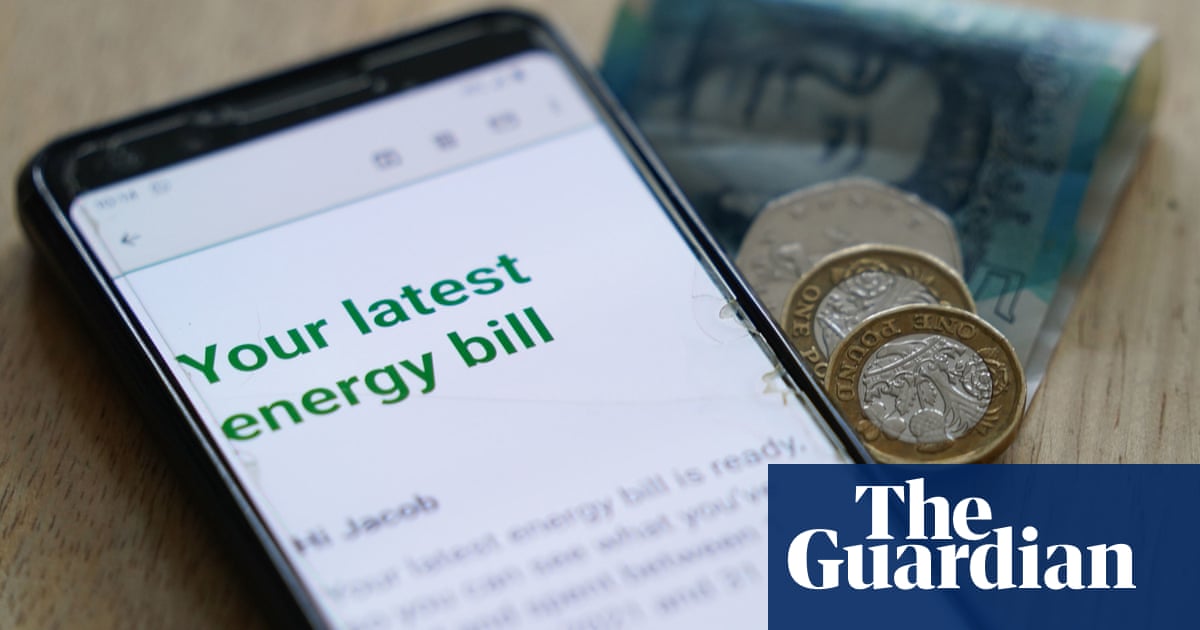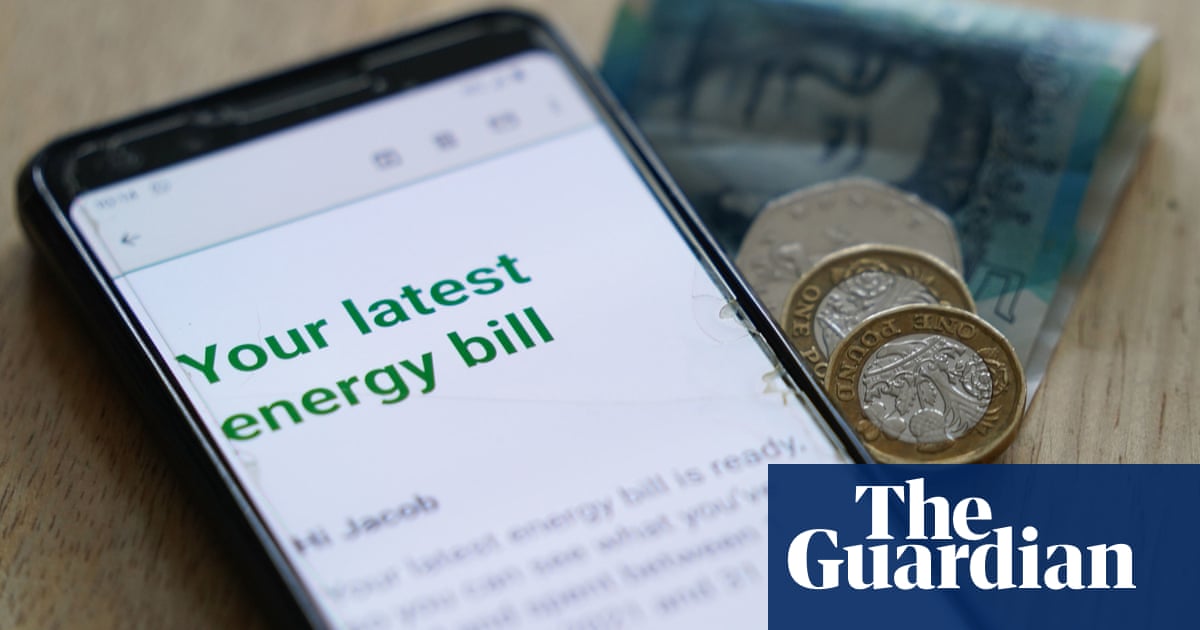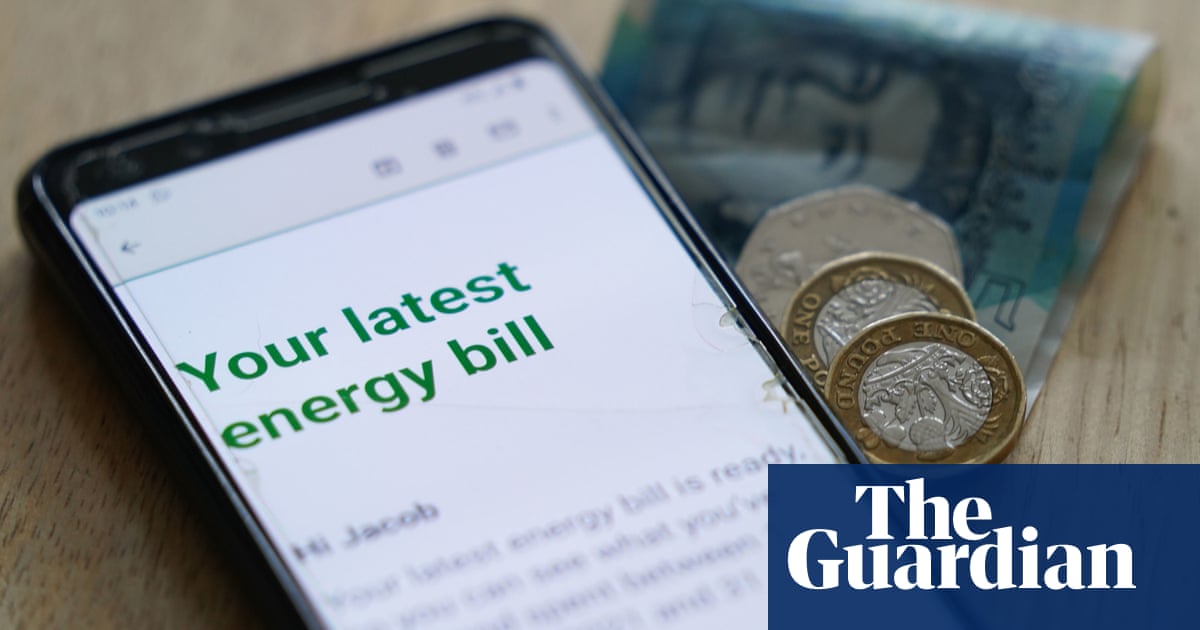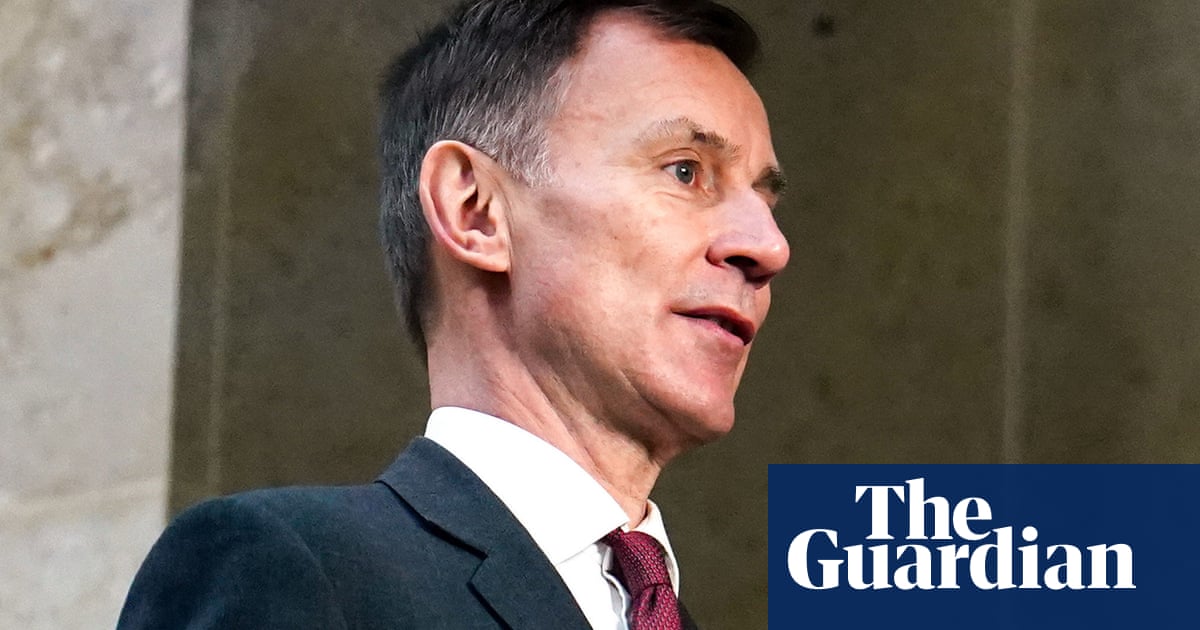
The energy regulator Ofgem is poised to announce a lower cap on energy bills on Thursday, making gas and electricity cheaper across Great Britain, but the reduction will still leave an estimated 6.5m households in fuel poverty.
Under Ofgem’s price cap, which will take effect from July, the average gas and electricity bill will fall from £2,500 a year under the government’s energy price guarantee to just over £2,053, according to estimates from energy analysts at Cornwall Insight.
However, households which struggled to pay their bills over the winter are expected to remain hard-pressed because government payments worth a total of £400 between October to March this year have come to an end.
At more than £2,000, typical energy bills will remain almost double the level they were at before Russia began restricting gas supplies to Europe as it prepared to invade Ukraine. In October 2021, the typical household paid £1,271 a year for gas and electricity.
In a forecast that will alarm hard-pressed families, Cornwall’s analysts have warned they do not expect bills to return to pre-2020 levels “before the end of the decade at the earliest”.
Peter Smith, a director of National Energy Action, a fuel poverty charity, said: “It is good news energy prices are no longer spiralling but the energy crisis is far from over.”
National Energy Action has calculated that the number of people living in fuel poverty would remain at about 6.5 million under the new price cap. This figure is lower than the 7.5 million estimate for the winter months but remains on a par with levels last April, when fuel poverty reached a record high.
Smith said: “While it’s no longer at its peak, the number of households struggling to heat and power their homes is still much higher than we’ve seen in the previous four decades since National Energy Action was founded – and the depth of suffering for people who were already struggling, much more pronounced. Bills are still two-thirds higher than they were in October 2021, which is simply unaffordable for millions.”
Since the surge in global energy prices, an extra 2m households have fallen into fuel poverty, according to National Energy Action.
Ofgem’s price cap, which reflects the cost of supplying energy, would have driven the average bill above £4,000 a year without government intervention. Instead, the energy price guarantee held bills at £2,500, and extra payments to all households, regardless of income, helped to reduce costs further.
The government will now offer more targeted support to help vulnerable households pay their energy bills. These include a £900 payment for those on means-tested benefits, £300 for pensioners and an extra £150 for disabled people. However, 1.7m households in severe fuel poverty will miss out on extra help because they are not registered to receive certain benefits, according to researchers at the University of York.
Simon Cran-McGreehin, from the Energy and Climate Intelligence Unit thinktank, is among those who expect bills to remain high for years to come. He has warned that the lingering gas crisis would mean that the average cost of gas and electricity might not fall below £1,700 a year per household for the rest of this decade.
“That’s around £600 – about 50% – above where it was before the gas crisis,” Cran-McGreehin said. “If we don’t get on with insulating homes, installing heat pumps and building more renewables, gas demand will remain high and that means bills will too.”












